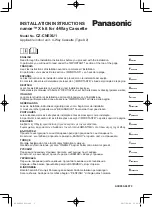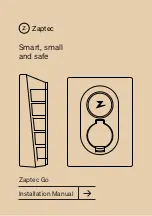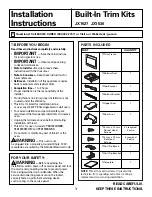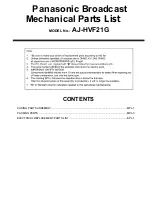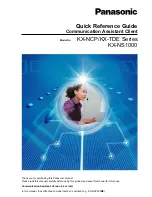
LX-80-15 10 Hz User Manual
16
LX-80-15 10 Hz Oceanographic Radar Sensor
Modbus ID
- Configures the device (slave) ID to be used for Modbus RTU protocol. Modbus RTU uses
request/response format and allows multiple instruments to be connected on the same bus. When
a remote master transmits the request message, it will use the device ID as a device address. All
instruments will receive the request, but only the instrument with matching device ID will answer to
the received request.
SDI-12 ID
- Configures the SDI-12 device ID to be used on SDI-12 interface. In SDI-12 request/
response protocol, this ID will be used to define the instrument address, and the instrument will
respond only to requests with matching ID.
Modbus Parity
DATA
0
1
1
0
0
1
0
0
X
Parily
PARITY
Parity is used in serial communication for basic error detection. When parity is set to
None
, no parity
is used, and no error detection is possible on bit level. When parity is set to
Odd parity
, an additional
bit is added to the communication that will be set to 1 when there is odd number of bits with value
1 in the 8-bit payload byte. Similarly, when parity is set to
Even parity
an additional bit is added
to the communication that will be set to 1 when there is even number of bits with value 1 in the
8-bit payload byte. Generally, all bytes on the receiver side where the parity bit is not matching the
message will be discarded. Default setting on most devices that use Modbus is even parity.
Modbus Stop Bits
DATA
0
1
1
0
0
1
0
0
X
X
Stop bit
STOP
BITS
DATA
0
1
1
0
0
1
0
0
X
Stop bit
STOP
BITS
Stop bits are added to the end of each data byte transferred over serial communication, to allow
pause between two bytes. One or two bits may be used. The default setting on most Modbus RTU
devices is one stop bit, but some dataloggers may require that the instrument is configured to use
two stop bits.
Summary of Contents for LX-80-15
Page 62: ...2022 ...































